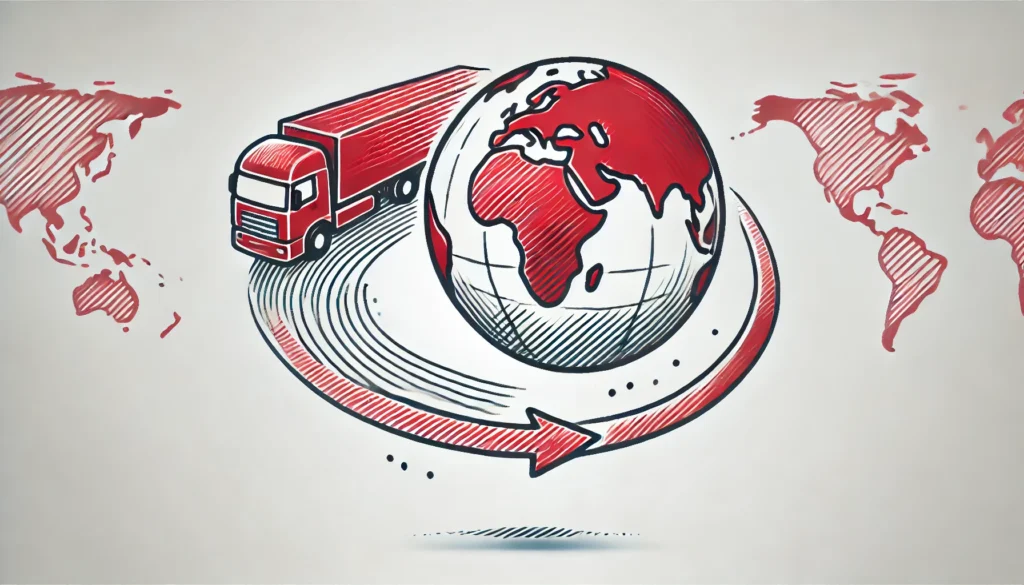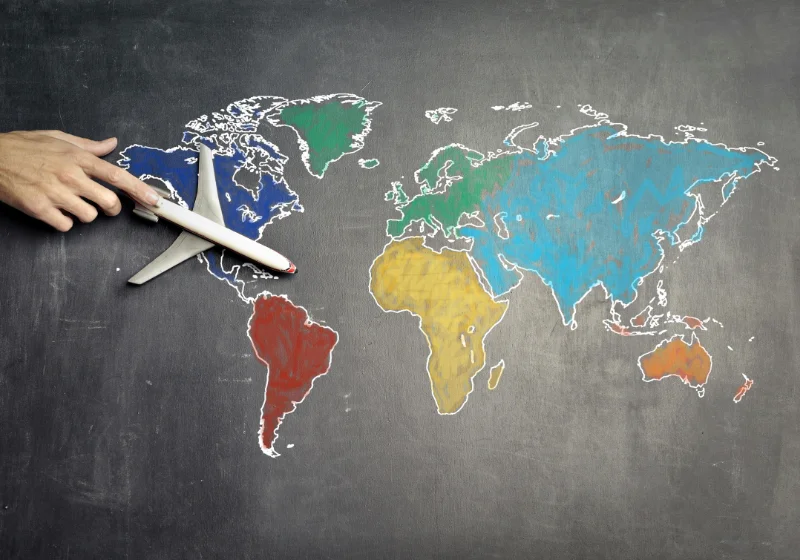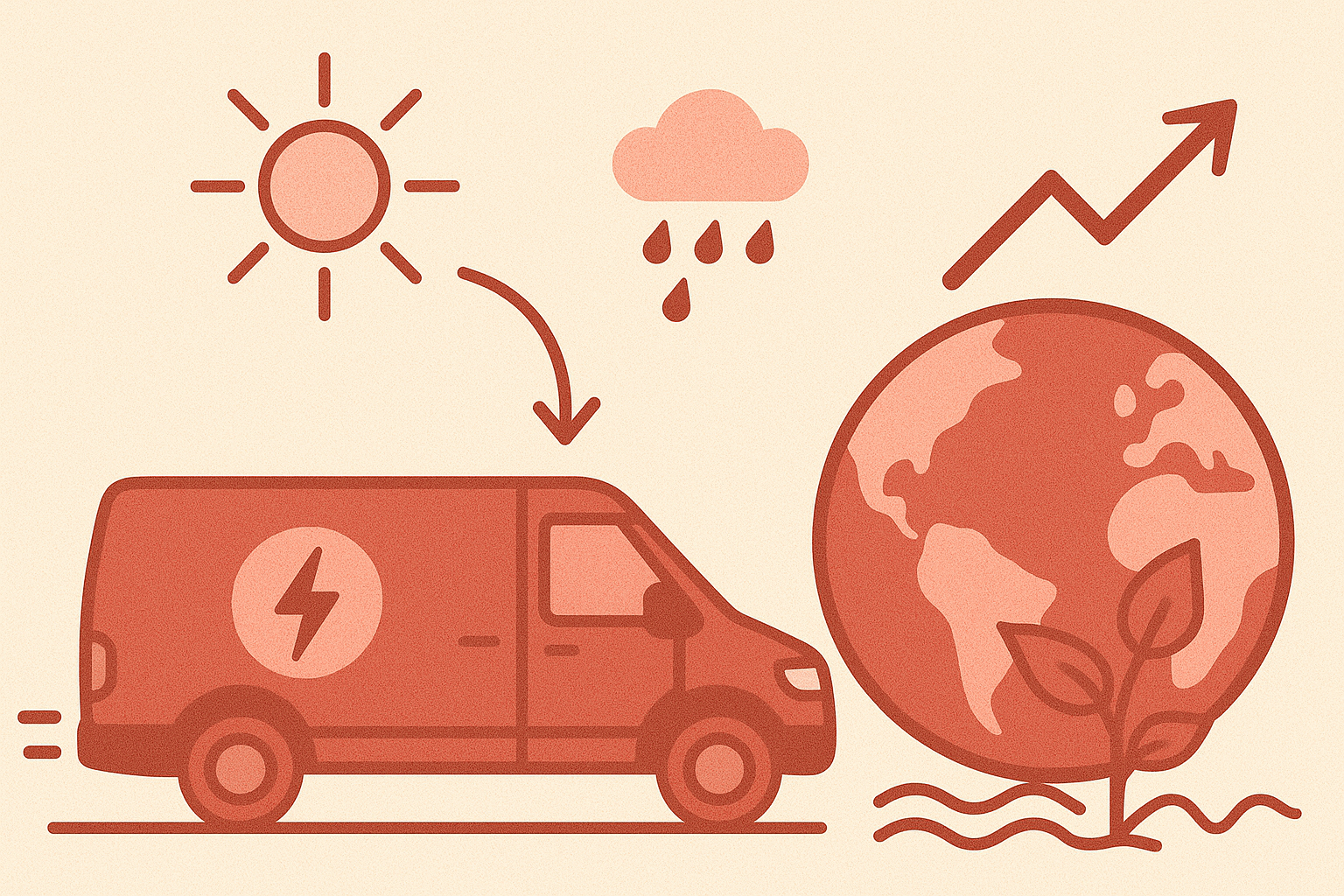What Is Cross-Border E-commerce?
Cross-border e-commerce is the online sale of goods and services between businesses (B2B) or businesses and consumers (B2C) across international borders. It allows companies to reach global customers through online marketplaces or direct-to-consumer platforms.
According to a Statista report, cross-border e-commerce will account for 22% of all e-commerce shipments by 2025. Furthermore, a 2023 study by Accenture found that over 57% of online shoppers have purchased from an overseas retailer.
With an increase in potential market size, businesses gain opportunities but must also navigate several challenges. Below, we explore key opportunities, common challenges, and logistics solutions to help businesses succeed in cross-border trade.
If Cross-Border E-Commerce is something that suits your business, read more on EC Group’s experience with the sector.

The Role Of Third-Party Logistics (3PL) In Cross-Border Trade
Third-party logistics (3PL) providers play a crucial role in simplifying international trade. Companies like EC Group offer expertise in customs clearance, warehousing, and last-mile delivery, helping businesses navigate cross-border shipping challenges.
Benefits of 3PL:
•International Deliveries: Faster transit times through established global networks.
•Local-Based Warehouses: Reducing costs and speeding up regional distribution.
• Returns Management: Efficiently handling cross-border returns to improve customer satisfaction.
•Hi-Tech Solutions: Use of logistics management software for real-time tracking and automation.
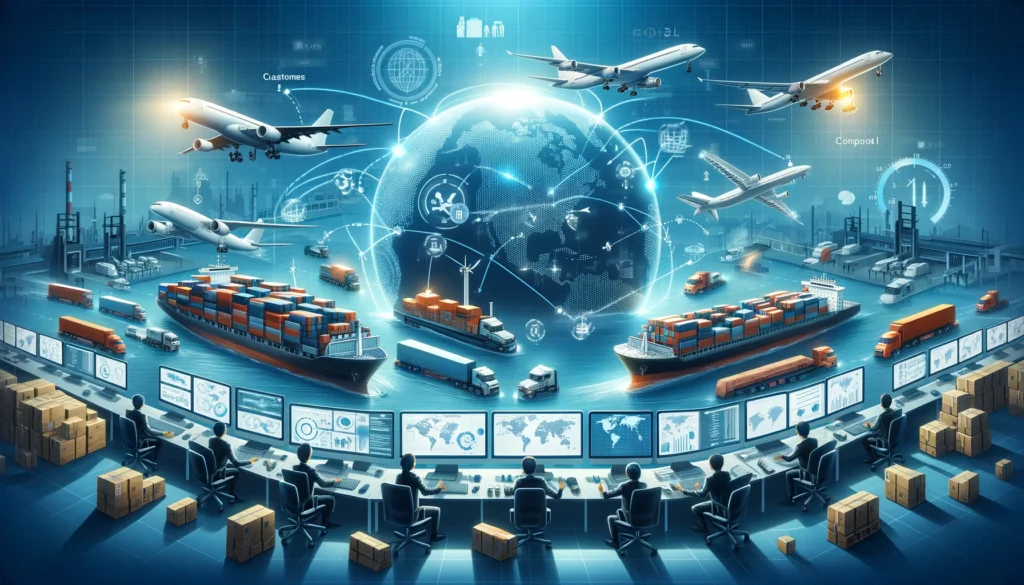
Opportunities That Come With Cross-Border Ecommerce
- Global Market Access
Cross-border e-commerce enables businesses to access a vast global market of new potential customers. Companies can overcome geographical barriers and offer their products or services to consumers on an international scale, opening new revenue streams and growth opportunities.
With a global online presence, companies can reach consumers from different countries with local preferences or higher demand for specific products. This diversified customer base reduces dependency on a single market and helps mitigate risks associated with local economic downturns.
2. Competitive Advantage
By offering unique products or competitive pricing to international markets, companies can differentiate themselves from the local competitors. Local companies will usually be doing a similar thing to one another, but a fresh type of business could disrupt an international market.
International trade isn’t for everyone, so expansion and global brand recognition will give you an edge over those that decide to stay local. Additionally, access to customer data from various markets allows businesses to gather insights and tailor their strategies to meet customer needs and preferences better.
3. Cost reduction
Cross-border e-commerce eliminates the need to establish physical stores or offices in foreign markets, reducing overhead costs. Companies can operate from a centralised location and leverage online platforms, logistics networks, and third-party service providers to fulfil orders and manage international shipments more efficiently. This streamlined approach can lead to significant cost savings and increased profitability.
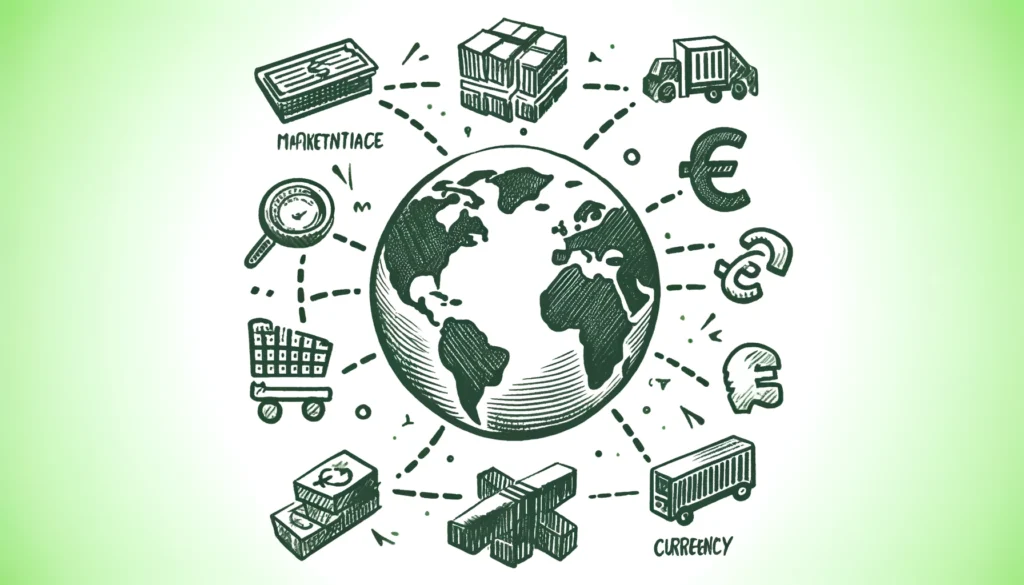
Challenges in Cross-Border E-Commerce
1. Regulatory Compliance & Customs Clearance
One of the primary challenges in cross-border e-commerce is navigating the intricate web of international regulatory frameworks. Countries have
varying rules and regulations regarding customs, tariffs, taxes, consumer protection, data privacy, and intellectual property.
Key Considerations:
• Customs Declarations & Paperwork: Failing to comply with customs declaration requirements can result in shipment delays and additional costs.
• Restricted Trade Items: Certain countries impose strict regulations on specific goods (e.g., electronics, pharmaceuticals, food products).
• Rules-of-Origin Requirements: Post-Brexit regulations require UK businesses to carefully document the origin of products to meet EU trade rules.
2. Language & Cultural Barriers
Expanding into international markets requires businesses to navigate language and cultural barriers. Companies need to localise websites, product descriptions, and marketing materials to resonate with customers in different countries. Hiring expert translators ensures the brand voice aligns with local expectations.
Additionally, providing customer support in multiple languages is crucial for building trust and ensuring a positive shopping experience.
3. Payment & Currency Challenges
Cross-border transactions involve dealing with different currencies and payment methods. Companies must offer secure and convenient payment options that are widely accepted in their target markets.
Challenges include:
• Foreign Currencies & Exchange Rates: Fluctuating exchange rates can impact pricing and profitability.
• Regional Payment Preferences: While credit cards dominate in Western markets, mobile wallets and bank transfers are more preferred in Asia and Africa.
• Payment Fraud & Security Risks: Cross-border transactions are more susceptible to fraud, necessitating businesses to invest in robust fraud prevention tools.
4. Bonus Challenge – Logistics & Supply Chain Management
Effective logistics and supply chain management are essential for successful cross-border e-commerce. Companies must establish reliable shipping partners, optimise transportation routes, and possibly manage inventory across multiple locations.
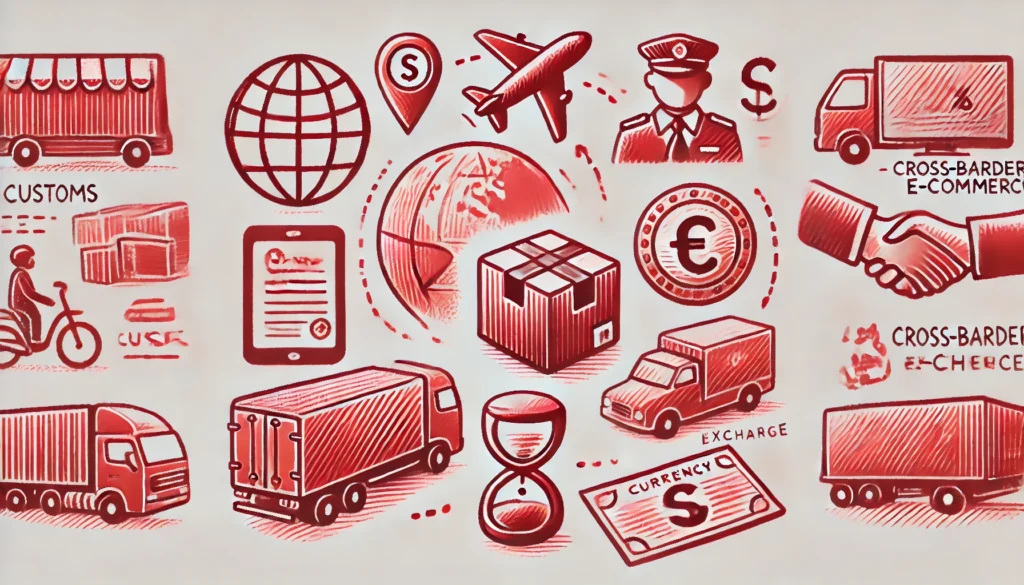
Conclusion
Cross-border e-commerce presents tremendous opportunities but comes with complex challenges that businesses must prepare for. By understanding regulatory compliance, overcoming payment processing hurdles, and leveraging third-party logistics services, businesses can expand globally while maintaining efficiency and profitability.
EC Group is a third-party logistics and fulfilment provider that specialises in e-commerce. As a long-established business, we have seen the progression of international trade and have an excellent understanding of the challenges and opportunities. We will work with you to develop a plan that works effectively for your e-commerce requirements.
Get in touch with us today to see how we can help you on your international trading journey.
